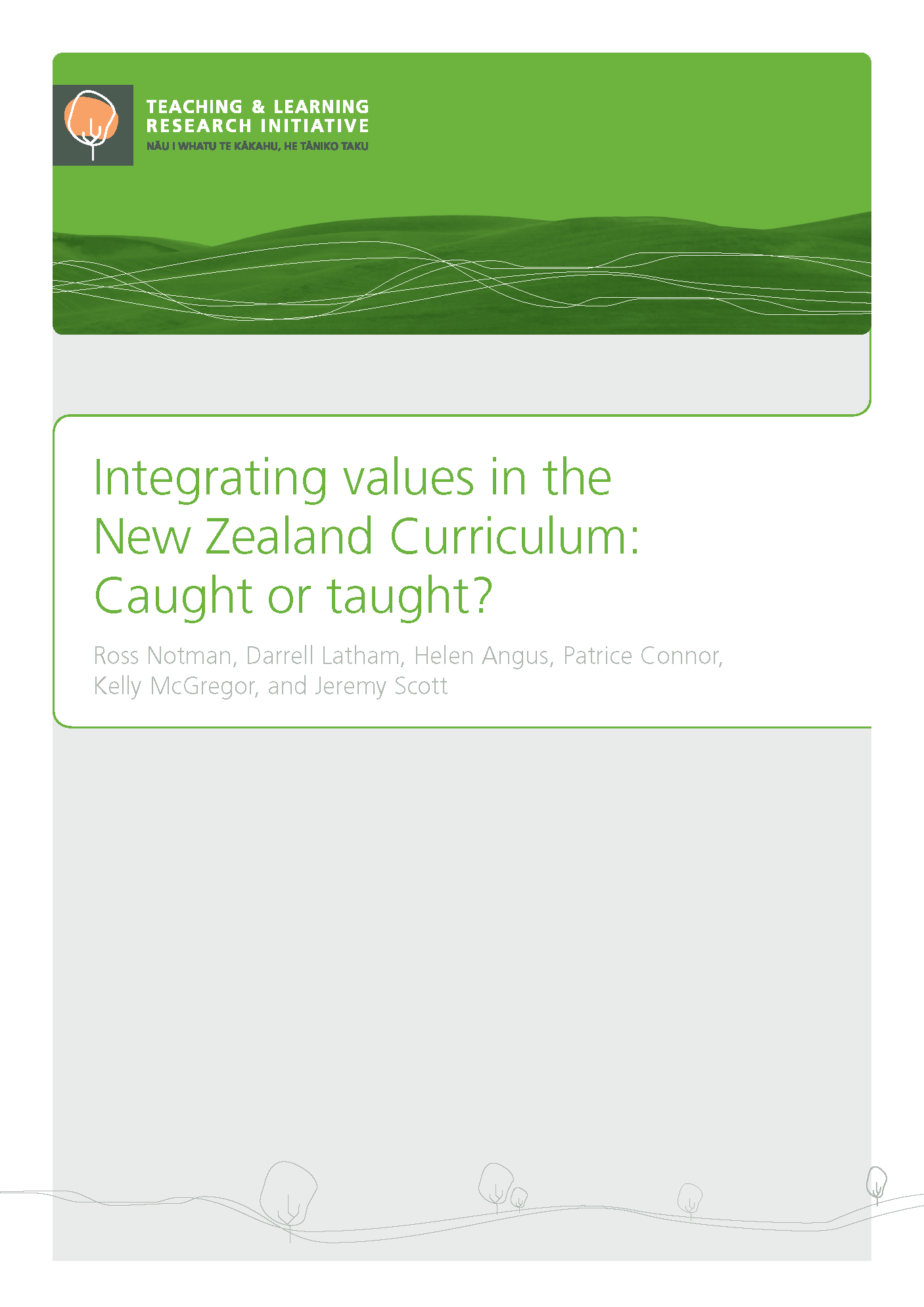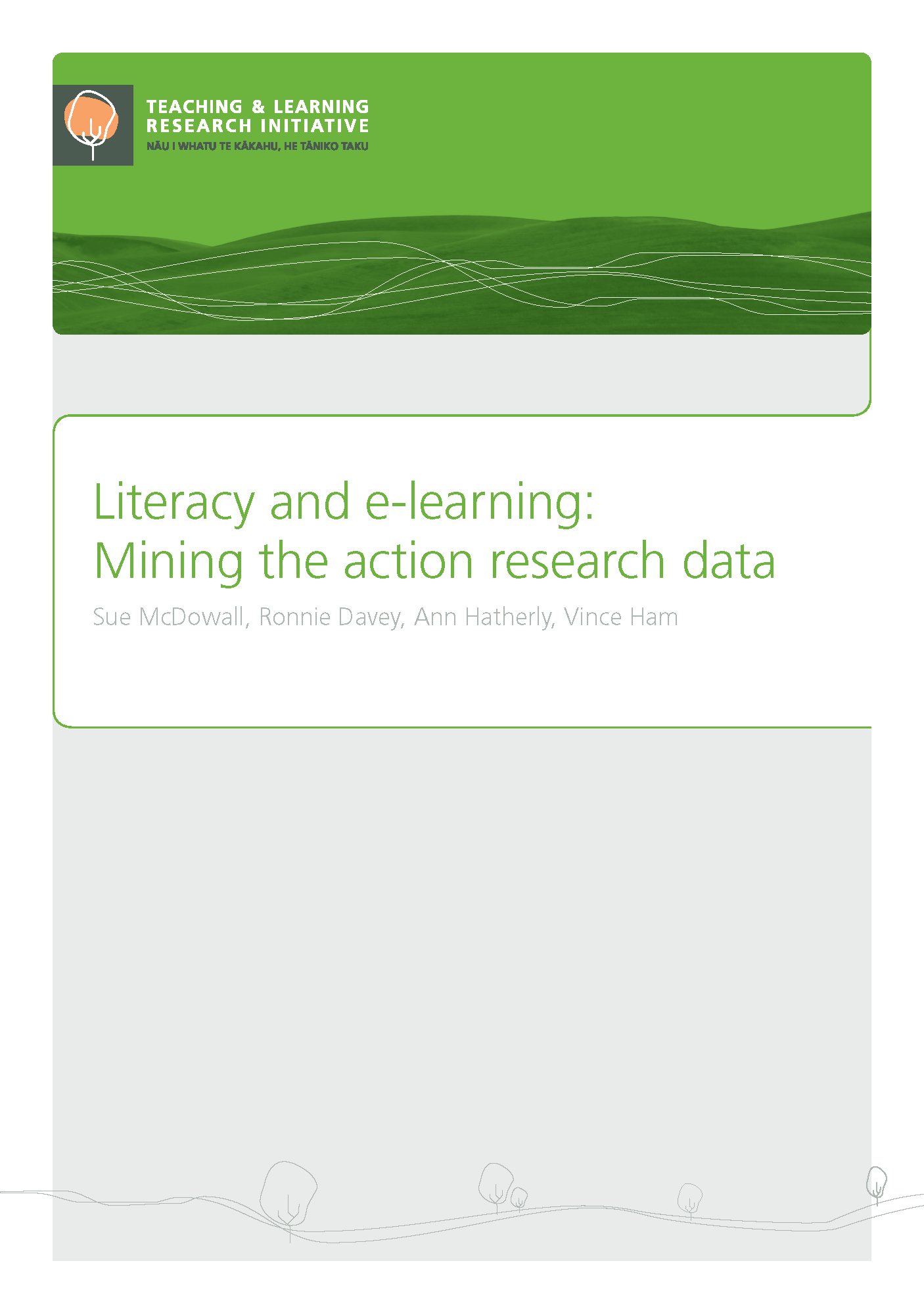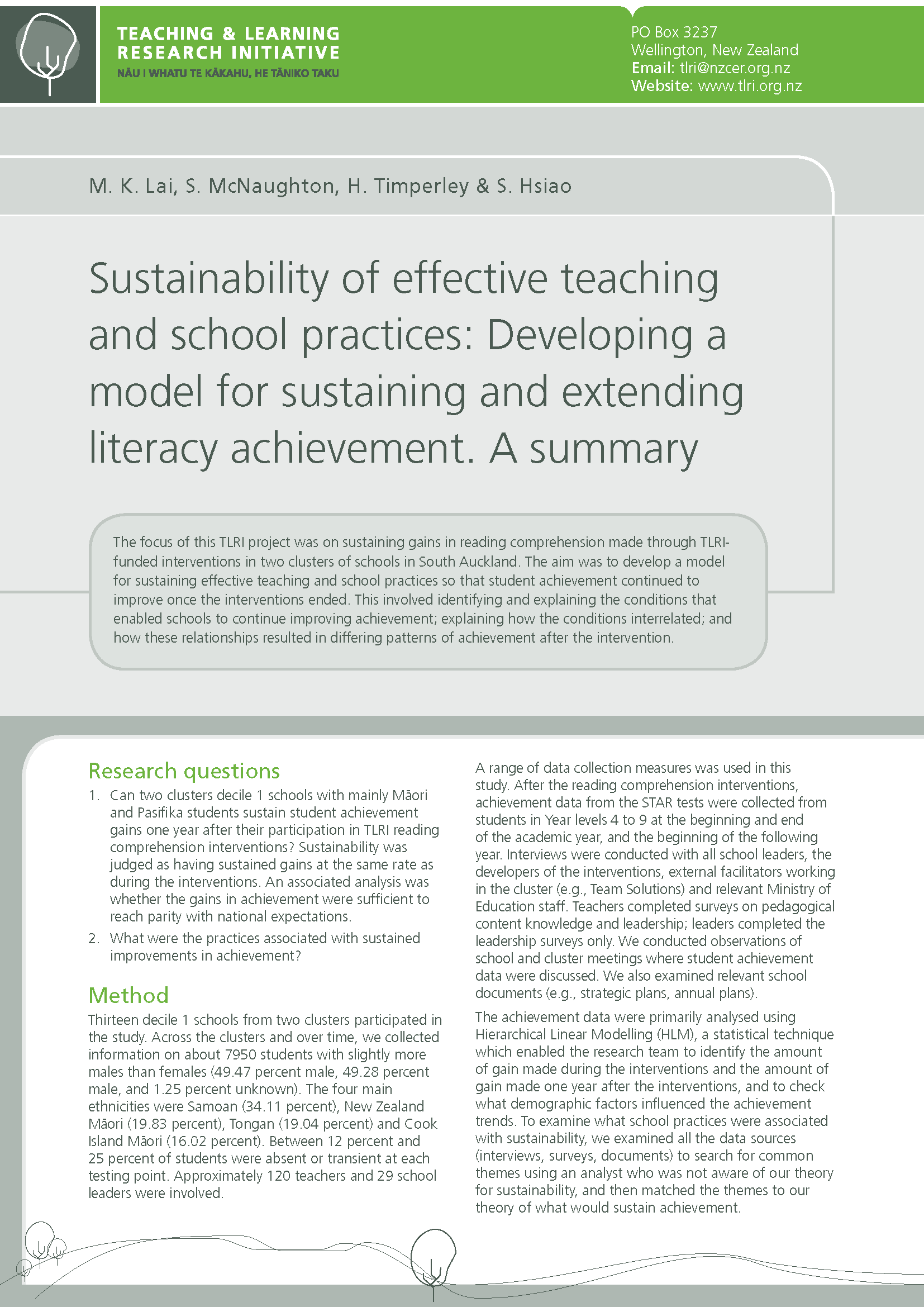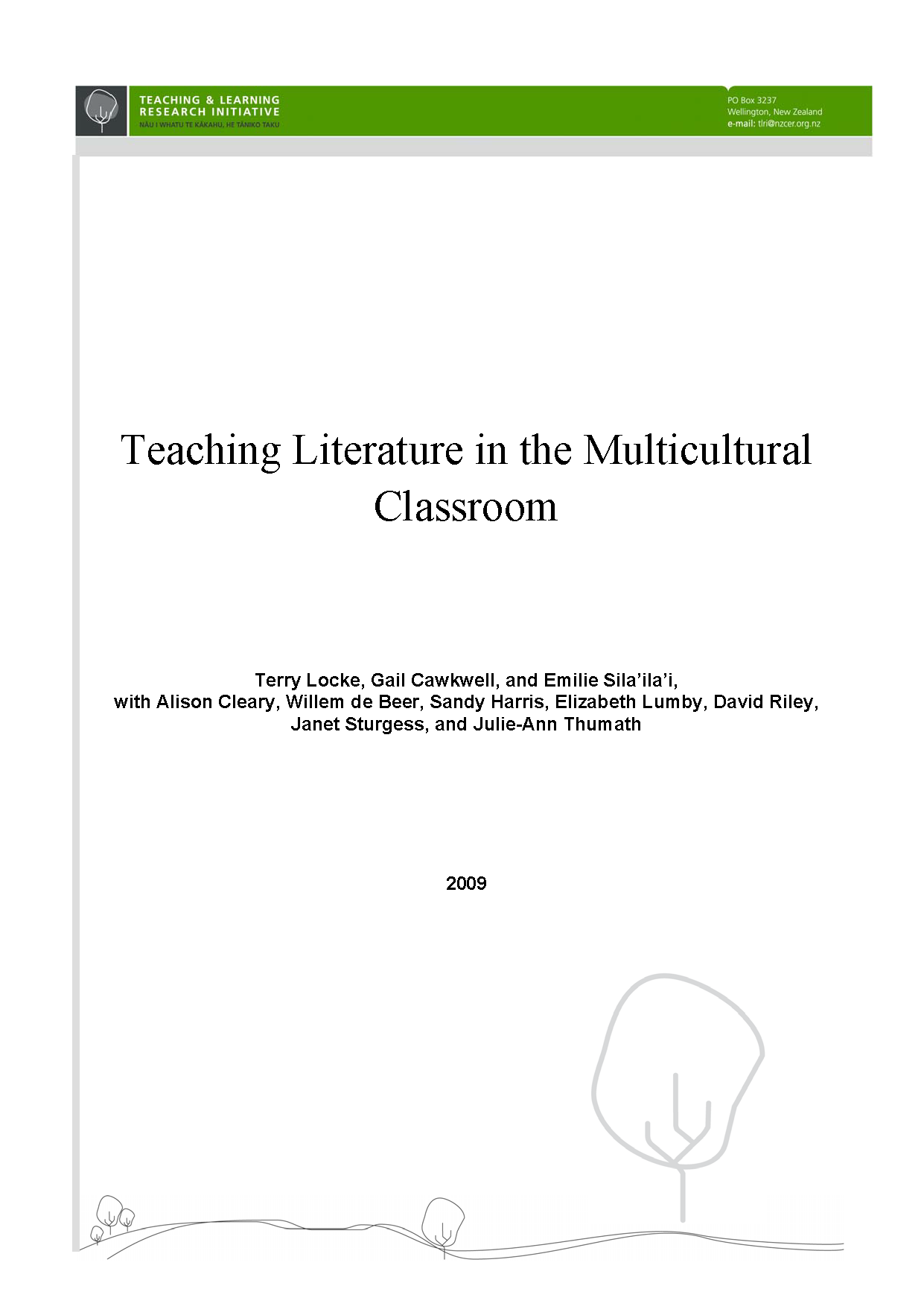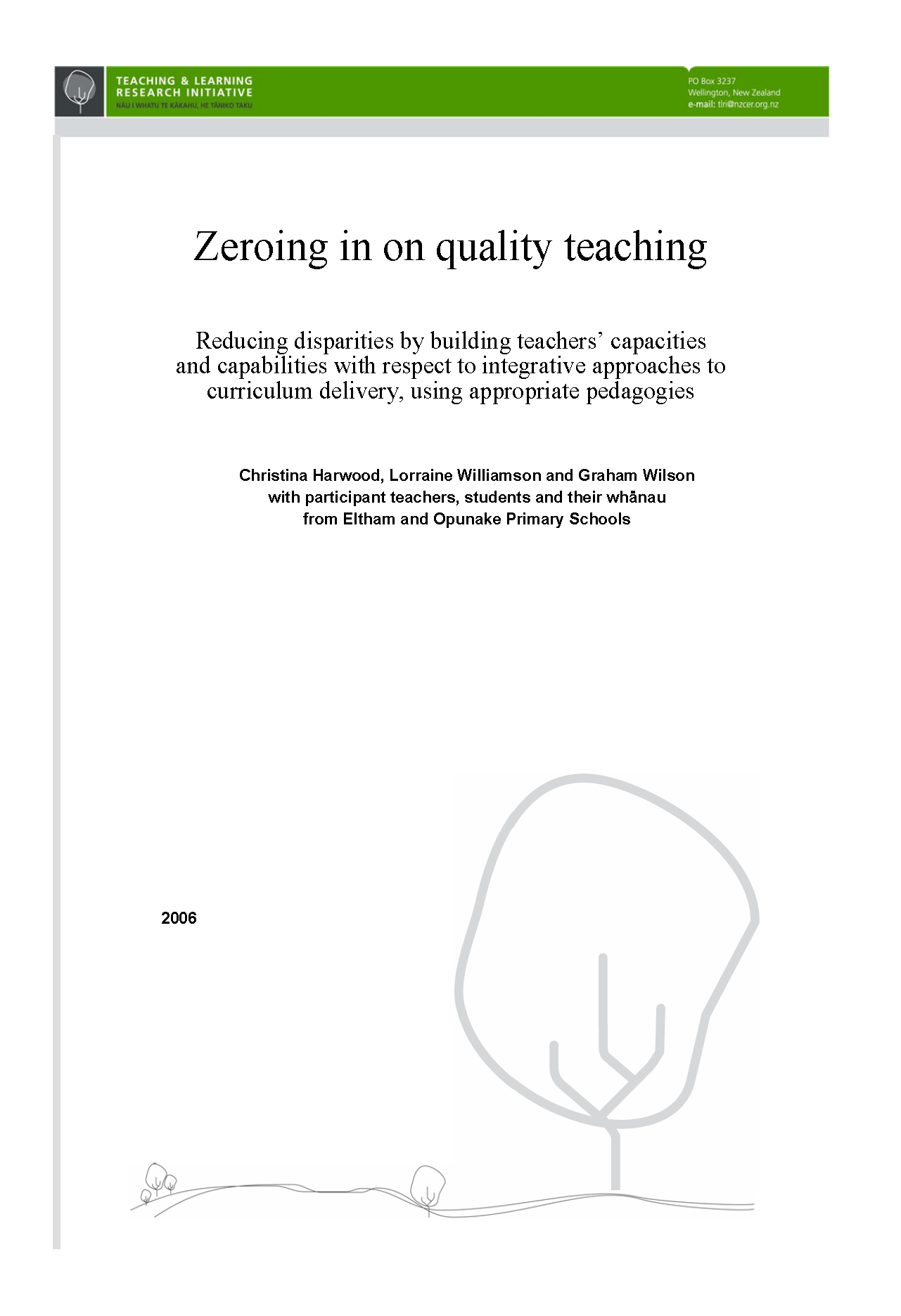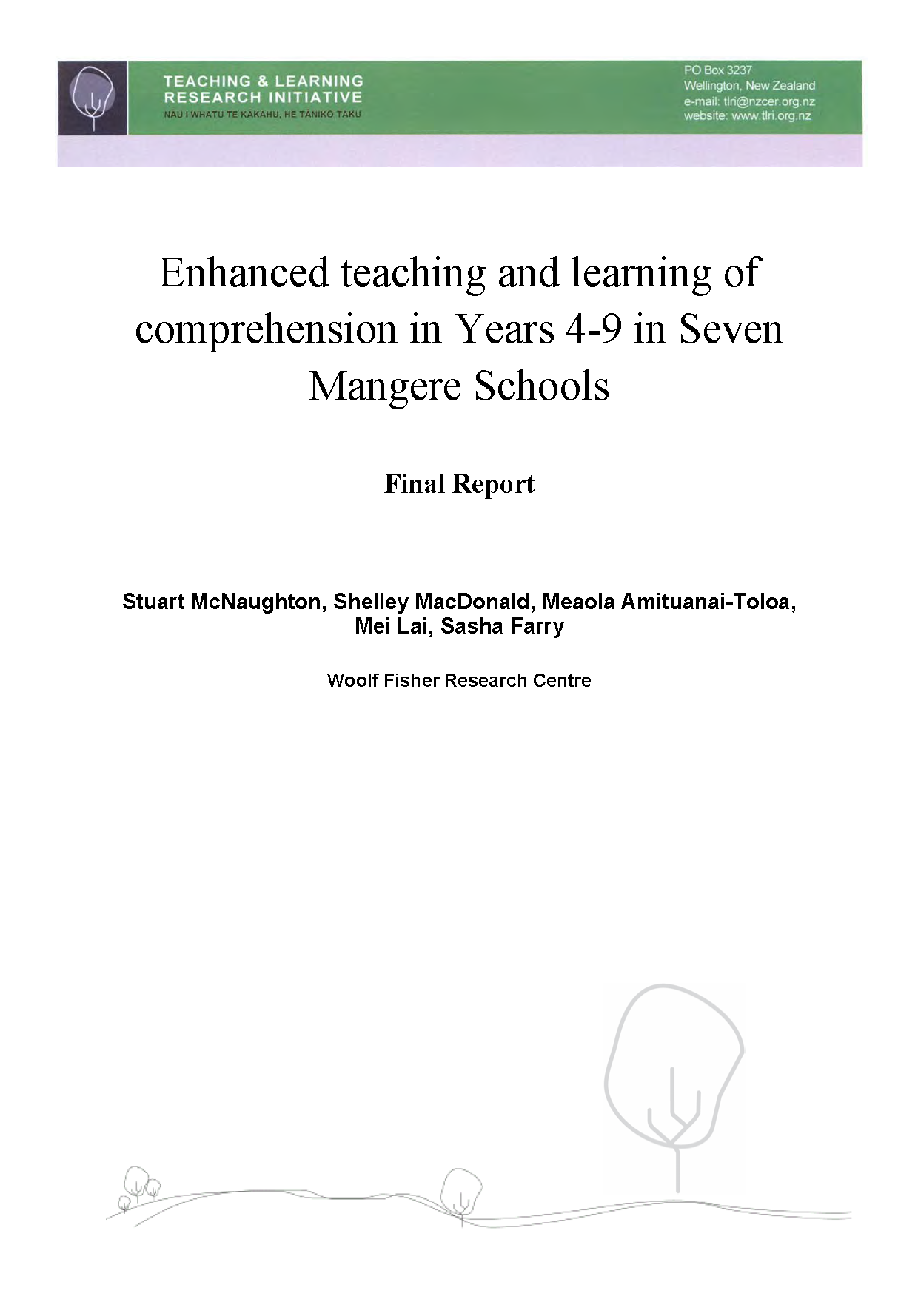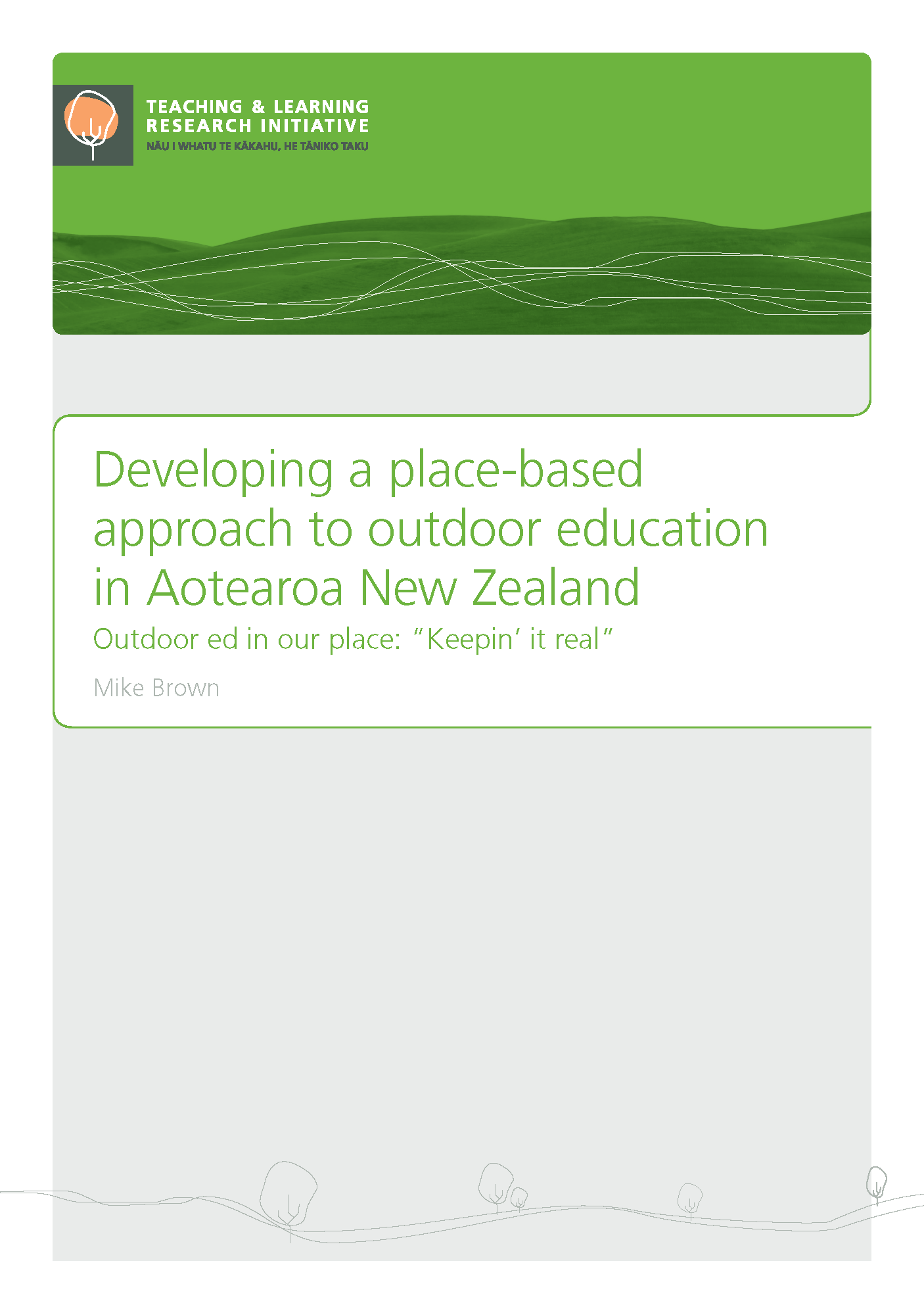
Developing a place-based approach to outdoor education in Aotearoa New Zealand: Outdoor ed in our place: “Keepin’ it real”
Introductory statement Outdoor education is often thought of as occurring in remote locations requiring specialist staff and equipment. Such an approach is resource intensive and potentially expensive. This project sought to develop ‘localised’ outdoor experiences that empowered teachers and students to better understand places of significance in their community. By being responsive to the geographical and cultural features in the local area both students and teachers were able to incorporate prior knowledge and experiences and connect these to life ‘outside school’. Key findings A place-responsive approach to outdoor education programmes is viable and sustainable and fits well with the intent of the NZ curriculum. Self-propelled journeys provide students with a sense

